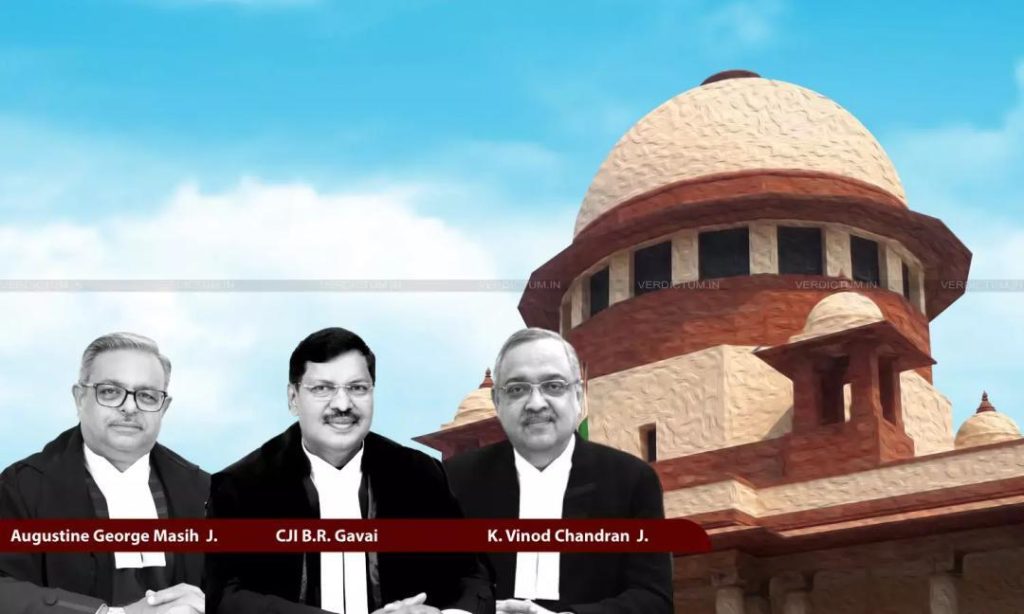
No Adverse Impact Even If LDCE Quota Increased to 25%: SC
In a significant judgment, the Supreme Court has restored the 3-year minimum legal practice experience requirement for entry-level Civil Judges while observing that no adverse impact on the administration of justice would occur even if the Limited Departmental Competitive Examination (LDCE) quota is increased to 25%. The apex court emphasized that the quota to be reserved for LDCE should be calculated on the basis of the cadre strength.
The judgment came in response to a petition filed by the All India Judges Association (AIJA) against the Union of India, challenging the Delhi High Court’s decision to accept the petition of 20 candidates who had not completed the mandatory 3-year legal practice experience for the post of Civil Judge (Junior Division).
The AIJA had argued that the Delhi High Court’s decision would have a cascading effect on the administration of justice, as it would lead to a situation where judges with limited experience would be appointed, thereby compromising the quality of justice.
In its judgment, the Supreme Court observed that the 3-year minimum legal practice experience requirement is essential for judges to gain the requisite skills and experience before being appointed as Civil Judges. The court noted that the requirement is not only necessary for the judges themselves but also for the administration of justice as a whole.
The court further observed that the LDCE quota should be increased to 25% as it would help in promoting internal competitiveness and fair representation within the judiciary. However, the court emphasized that the quota should be calculated on the basis of the cadre strength, which would ensure that the increased quota does not lead to an imbalance in the composition of the judiciary.
The Supreme Court’s judgment is a significant development for the judiciary, as it has restored the minimum legal practice experience requirement for entry-level Civil Judges. The judgment is also a boost for the AIJA, which had challenged the Delhi High Court’s decision to accept the petition of candidates who had not completed the mandatory 3-year legal practice experience.
The judgment is also significant as it has set a precedent for the appointment of judges in the future. The Supreme Court’s emphasis on the importance of the minimum legal practice experience requirement and the need for the LDCE quota to be calculated on the basis of the cadre strength will help in ensuring that the judiciary is composed of experienced and skilled judges who are capable of delivering justice efficiently and effectively.
The judgment has also sent a clear message to the government and the judiciary that the minimum legal practice experience requirement is essential for the administration of justice. The judgment is a reminder that the judiciary must prioritize the quality of justice over other considerations, and that the appointment of judges must be based on merit and experience.
In conclusion, the Supreme Court’s judgment has restored the 3-year minimum legal practice experience requirement for entry-level Civil Judges while observing that no adverse impact on the administration of justice would occur even if the LDCE quota is increased to 25%. The judgment is a significant development for the judiciary, and it has set a precedent for the appointment of judges in the future.
Source:






